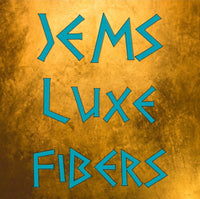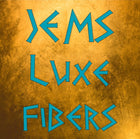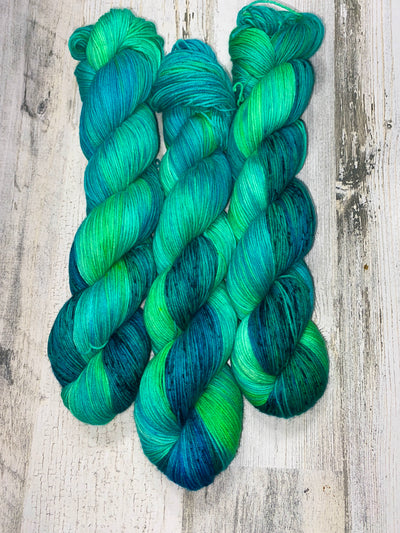Mt Etna
Hephaestus” is the Greek god of blacksmiths, metalworking, carpenters, craftsmen, fire and volcanoes. Hephaestus was the son of Hera and Zeus. Hera conceived and gave birth to Hephaestus, the only deformed god out of the 12 Olympians. Disappointed that her child is nowhere near as beautiful as Zeus’ daughter, Athena, the goddess of wisdom, she threw Hephaestus off Mount Olympus. Nymphs raised him, instead, and he learned craftsmanship, metal working.
Hephaestus was the “God of Fire”. Fire was called the breath of Hephaestus and the name of the god was synonymous with fire. Hephaestus’s symbols are a smith’s hammer, anvil and a pair of tongs.
Hephaestus was a very peaceful and generally benevolent deity. He highly valued and taught the virtues of hard labor, honesty and dependability. He was described as lame and limping, usually depicted in art as hunched, deformed and unattractive.
A marriage was arranged by Zeus between Aphrodite and Hephaestus. Zeus did it mainly to stop the other gods from fighting over Aphrodite. It was not a happy one though as Aphrodite sought after Ares, the god of war.
Hephaestus lived and worked in his own palace on Mount Olympus within a volcanic section known as “Mount Etna”.
The story is that after a bad argument with Jupiter, he literally fell on a lovely island, creating a deep hole into a high mountain. He then decided to use that mountain as his blacksmith forge. That is why Mount Etna now explodes with fire sparks.
Hephaestus was disabled but the highly industrious “Blacksmith” god. He made many clever inventions and automations of metal to work for him. He created all sorts of interesting items for the gods and goddesses of Mount Olympus, including the Chariot of Helios, Hermes’ winged helmet and sandals, Aphrodite’s famed girdle, Eros’s bow and arrows, thunderbolts of Zeus, Arrows of Apollo and Artemis and the Aegis of Athena and Zeus.
Hephaestus manufactured the “Aegis” or shield that Athena is known for carrying. In Greek mythology, the aegis was an item of protection used mainly by Zeus, the god of gods. It was either the hide (or skin) of an animal or a shield made from the skin of a goat, and it sometimes had the head of a Gorgon, a monster along the lines of Medusa. It was apparently durable (tough and long-lasting); very durable, in fact that it was called “ageless” and “immortal” in the Iliad, an epic poem by legendary Greek author, Homer.
The cyclopes, a race of humongous monsters who had only one eye which was in the middle of their forehead, were responsible for creating the godly aegis. They worked for Hephaestus’, the god of blacksmiths and metalworking, and used his forge to create it.
Athena, who was the Greek goddess of wisdom and warfare, also used the aegis for protection. When used in battle, the aegis let out the roar of ten thousand dragons, which would no doubt have the enemy shaking in terror. It also had a hundred hanging tassels made of pure gold, each with the worth of “a hundred oxen”. Some interpretations say that it also had golden serpent scales. It was said that when Zeus shook the aegis, clouds would cover Mount Ida on the Greek island of Crete, causing men to flee and hide in fear.
Available in the following yarn bases. For a listing of all yarn bases click here. Yarn Bases
Care of your hand knit garments
Please hand wash cold or lukewarm water and lay flat to dry. Even though this yarn does contain superwash merino, I do always recommend that you hand wash your knitwear. We use colorfast acid dyes for dying our yarn, and rinse until water runs clear. There may be a chance that some dye may bleed slightly in the first wash of your finished item. This does sometimes happen for speckled yarn and stubborn colors that are prone to bleed. For the first couple of washes, hand wash separately to be sure that no further bleeding.
There are no dye lots. We always try to sell from same dye lots but if not sure, we recommend blending the skeins as you work. Color saturation can differ from different dyelots.





